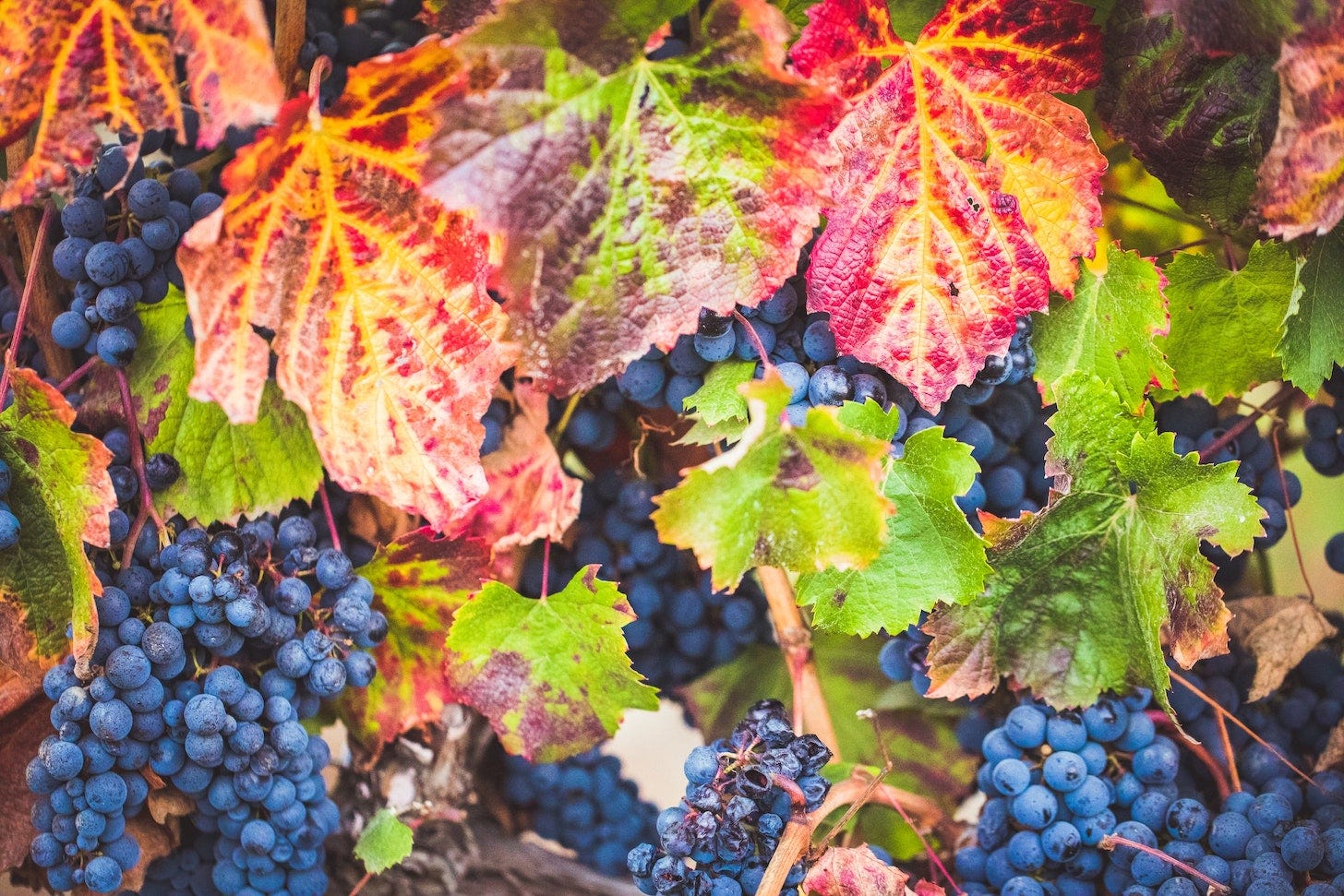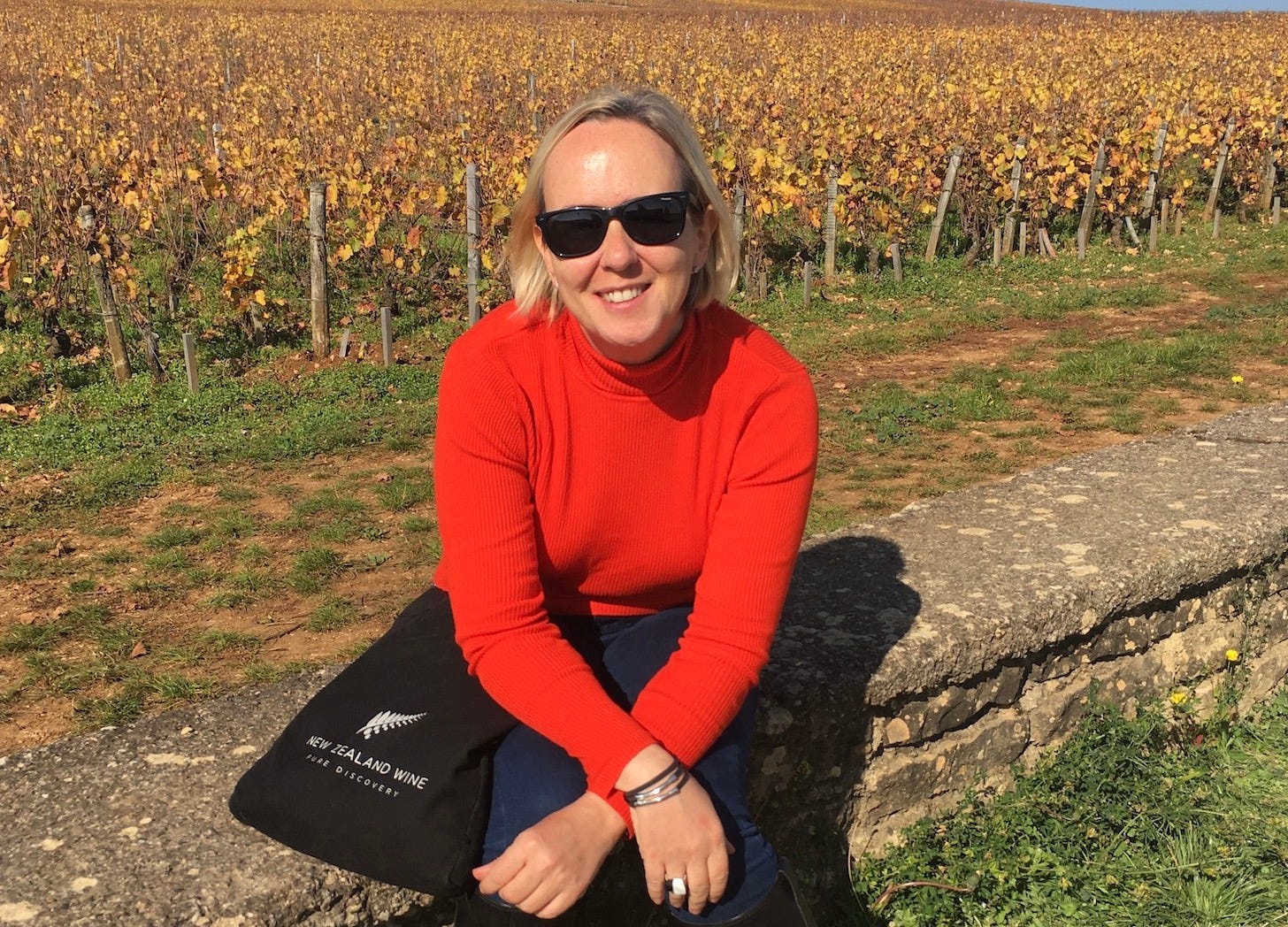In this Substack we celebrate the art and craft of Place Writing. Do you want to be inspired? Join our band of readers and writers who love everything about place and home. Subscribe now and get fortnightly posts delivered to your in-box for free.
As I struggle to find the right words to express meaning in my creative non-fiction, I look at poems and think, ah yes, the poets have cracked it. They seem to have a natural instinct for framing a scene, and for drafting phrases that evoke the emotional value of place, and they do it so concisely. I enjoy reading poetry now more than ever as I focus on nouns used as verbs, and on unusual juxtapositions of words. In poetry it seems that every syllable belongs, and such precision cannot be easy.
Last year I met Helen Sheppard, a poet who writes about women and childbirth. Recently, she invited me to a local Open Mic session and encouraged me to attend with some words in my pocket. I was way out of my comfort zone. But I wanted to learn more about poets and poetry, and their creative process, so I found myself in front of an audience. I prefaced my three-minute presentation with a disclaimer, ‘I’m not a poet, but…’ Afterwards, I realised I should have been more confident because the people who filled the comfortable chairs at the Commemoration Hall did not judge. It was a safe space in which to experiment and I will do it again.
Poetry and place are good bedfellows; I have great respect for poets who bring place to the fore. Topographical poetry, or loco-descriptive poetry, is a genre of poetry that describes, and often praises, a landscape or place.
When I learned about the work of Judy O’Kane, pictured here in Burgundy, France, I knew I had to get in touch. We chatted on the phone because the Irish Sea separates our two islands. I asked:-
Where are you in the world? At this moment I’m in my kitchen. I’m in Dublin, where I’ve lived on and off since the late eighties. Northern Ireland is still my home though.
Who is your favourite author? It’s impossible to have one. I had the great fortune to interview Dervla Murphy a few years ago. Sadly, she died in May 2022. She was a fabulous travel writer. Another writer I admire is Claudia Roden. She is a wonderful food writer; her work is like poetry. I read with her once which was a lot of fun. And I must include the poet, Zaffar Kunial. He explores identity through the vehicle of cricket and his work is hugely inspiring.
What place is special to you? I love France—they have the most gracious language. And New Zealand—I could happily relocate there. I’ve written a lot about both countries for my PhD because, culturally, they’re both fascinating.
What books have inspired you? Three stand out immediately. The Hare With Amber Eyes by Edmund De Waal, The Trip to Echo Spring by Olivia Lang, and The Outrun by Amy Liptrot.
Can you recommend some poets who have a strong sense of place? Oh yes, with pleasure. Irish poets, Patrick Kavanagh, Seamus Heaney, and John McAuliffe, a wonderful contemporary poet. And a Welsh poet, Paul Henry.
How and why does place feature in your poetry? I think poetry is very image-rich so it lends itself very well. Poetry is not usually plot driven so the gaze is often directed towards place.
It was recently announced that Judy was one of six students to win The Ireland Chair of Poetry Trust 2021 Student Award which includes a cash prize of £1,000. She told me she was thrilled. ‘It’s a fabulous body that celebrates poetry and I was really chuffed to be honoured by them. I submitted some wine poetry. It’s hard when you’re applying to a competition. You can try and put yourself in the mind of the judges but sometimes it’s better to just send what you like.’
There are many strands to Judy’s work. She’s a qualified solicitor and, although writing is her main occupation, she still teaches some part-time classes in law. And, having completed exams in the wine trade, which meant she gained skills in the art and craft of wine-tasting, she writes regularly for a specialist wine journal, The World of Fine Wine. Judy said, ‘I’m doing a trip to Bordeaux in October, so I’m really excited about that. At trade tastings you spit everything out, so I worried that this would be stopped after the pandemic. But, thankfully, it’s all back to normal.’
We went on to talk about university life and Judy explained that she is now doing her second Masters Degree after having achieved a Masters and a PhD at the University of East Anglia (UEA) in Norwich, in the east of England.
Tell me more about your PhD. It was creative non-fiction and I used wine as a means of looking at identity. Wine has a strong sense of place. The French word, terroir, encompasses the idea that a certain wine could only come from this place, it could only be grown in this environment, in this soil where the wine will thrive and survive.
What advice would you give to prospective postgraduate students? Keep reading, especially the classics and contemporary writers. Be really curious, go the library and make the most of that. Be really open to workshopping, I think you can make life-long friends at workshops.
What are you working on now? I am halfway through my MA in Poetry at The Seamus Heaney Centre for Poetry at Queen's University in Belfast. I travel there once a week and visit my parents while I’m in Northern Ireland as they still live there. I’m doing it part-time and I like that; the more time you can give it the better, it can breathe. This is a taught MA and it’s got a very heavy reading list. I’m not doing it for the qualification, I just wanted to give myself the chance to get to know the canon. I’m exploring ideas of place and home. I’m working towards my first collection. I’m working on a series of wine poems that respond to some of Heaney’s poems from his collection, North. I’ve been juxtaposing the concepts of bog and earth, and what’s below the ground—he is such a huge influence.
I could have talked with Judy for hours; we established a connection through the love of place writing, and hopefully we’ll meet up in person one day. While researching for this update, I had the pleasure of reading some her work. See the link below—you will find two short poems that are very worthy of your time.
What are your experiences of live poetry events?
How have you incorporated place in your poetry?
What poems about place can you recommend?
I look forward to chatting with you in the comments.
Bye for now!
Yasmin
Credits & Links:
Photos: Grapes by Jaime Casap. Judy O’Kane with NZ winemakers.
Read ‘Schist’ and ‘Settlers’ by Judy O’Kane on the World of Fine Wine website.
Helen Sheppard’s book of poetry, Fontanelle, is available here.





